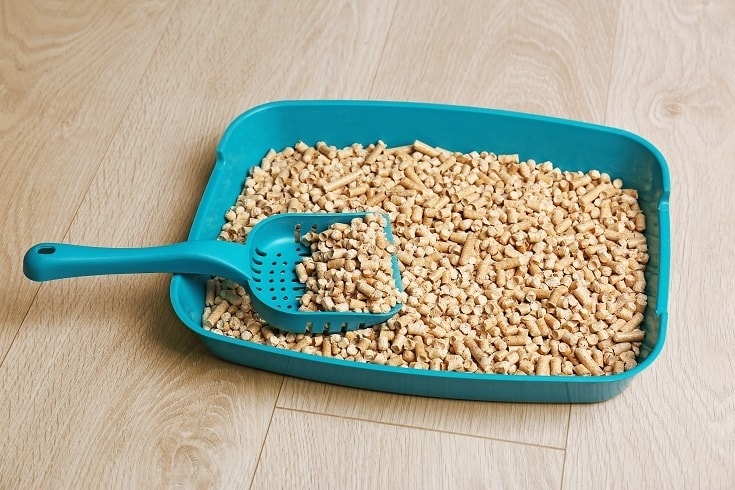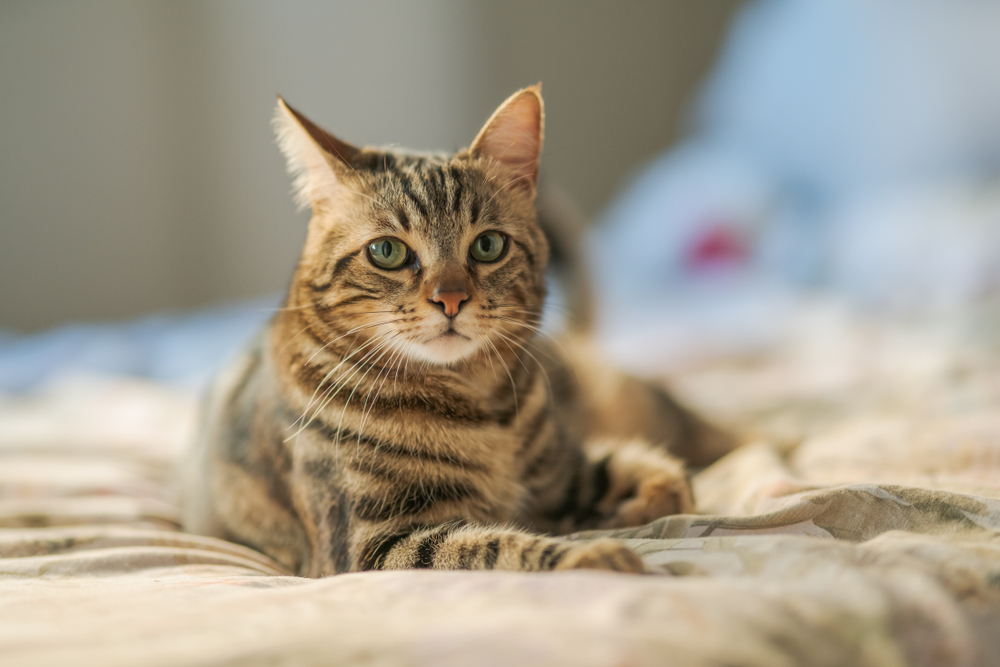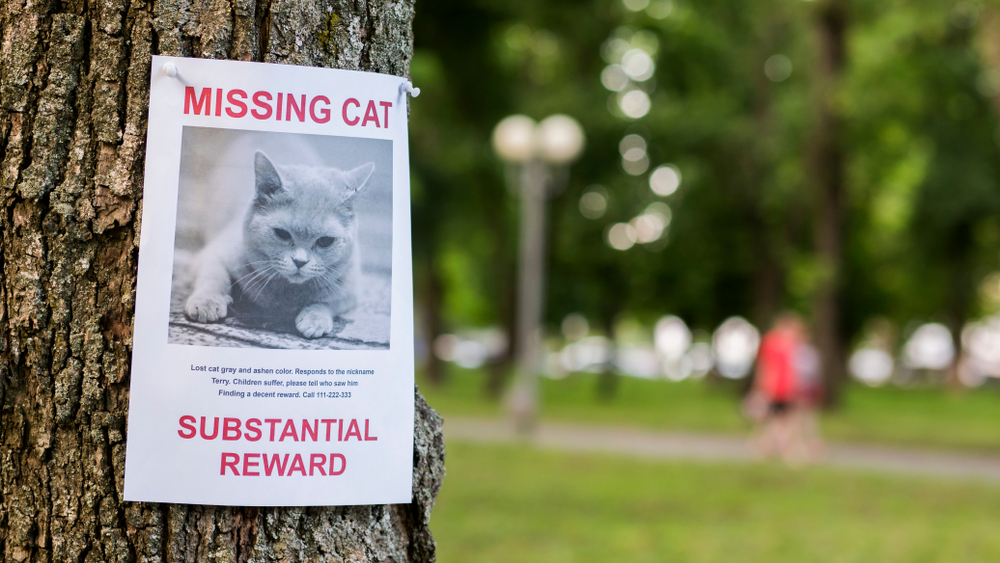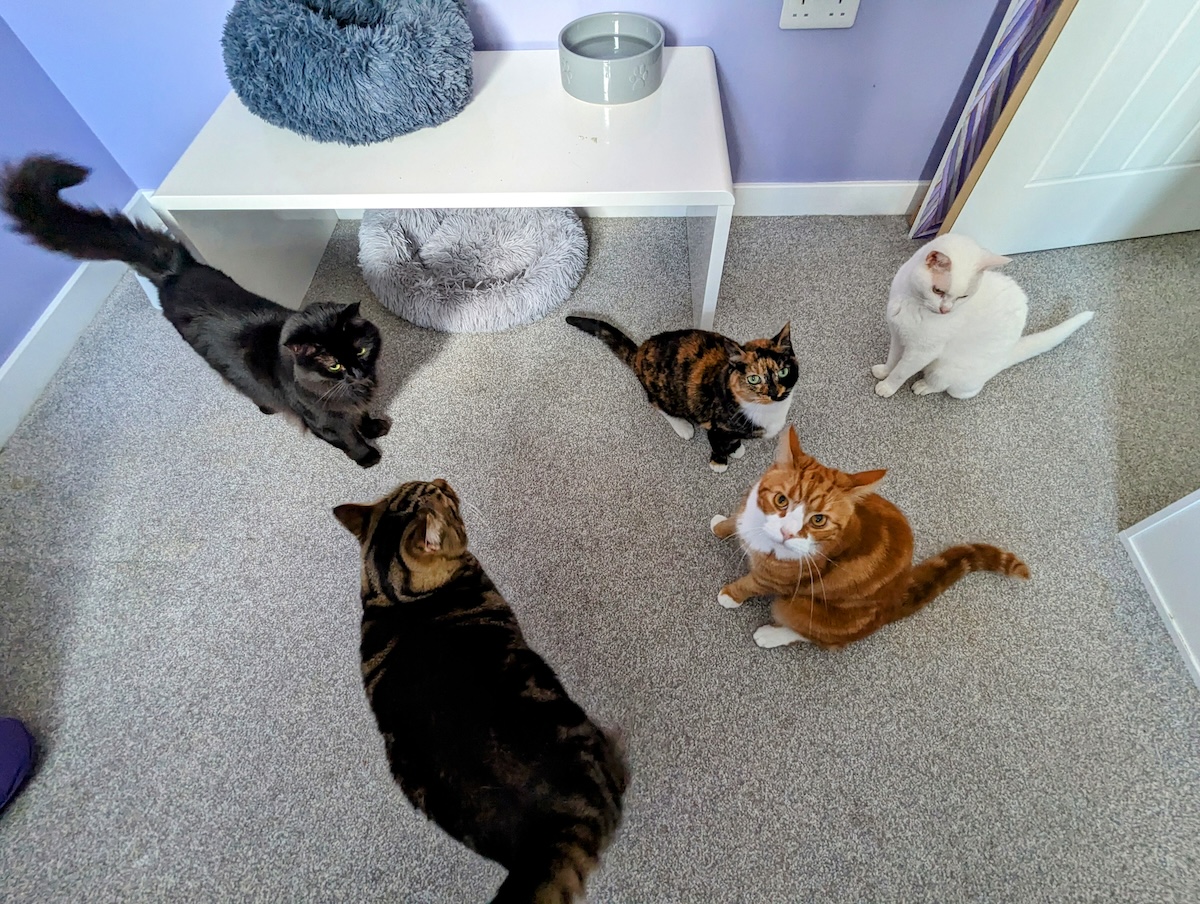If you’re a cat owner, you know that you need various supplies to properly care for your feline, including litter. Nowadays, there are numerous litter options available, so you can find the one most suitable for your cat. However, many people are looking beyond traditional cat litter.
So, can horse pellets serve such a purpose? The short answer is yes, you can use horse pellets for cat litter. However, there are several things that you should know before you do so.
What Are Horse Pellets?
Horse pellets, also known as horse bedding pellets, are typically used in horse stables and habitats. They are made from compressed wood fiber and have a unique design that enables them to collect moisture and prevent bad odors. These pellets are often affordable and easy to remove from horse boxes. All of this makes them popular to use for many different purposes.
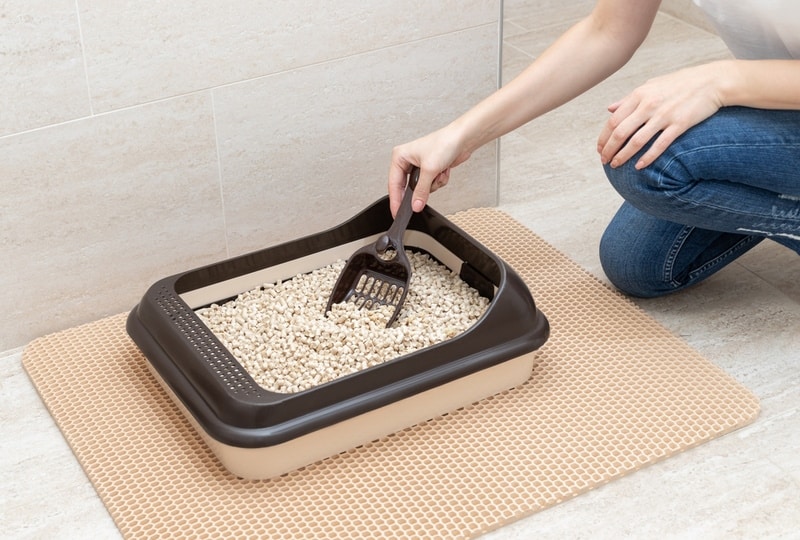
Are Horse Pellets Safe and Appropriate for Cat Litter?
Technically speaking, you can use horse pellets as cat litter because they are designed for a very similar purpose. However, there are a few considerations to take into account, before making the jump.
- Being made from wood, horse pellets can become moldy, especially if not cleaned frequently. As cats often use these in a confined environment, this can potentially pose respiratory problems, some of which may be severe. Therefore, they may require more frequent cleaning than traditional litter types.
- Due to their size, many cats will not like using the pellets, and some cats may outright refuse, leading to litter box mishaps.
- Pellets are more difficult to scoop than a traditional clumping litter, and therefore cleaning soiled pellets can be more challenging. A litter routine may involve dumping the entire tray, meaning more waste.
Useful Tips
- Ensure that the pellets that you want to buy don’t contain any harmful additives.
- Look for pellets that are 100% natural wood.
- Ask the buyer/manufacturer if the horse pellets are kiln dried to eliminate phenols; this could be harmful to your feline.
- Mention that you’re buying horse pellets for cat litter to avoid any confusion.
Further, there are multiple horse pellet manufacturers, so you’ll need to check the contents of the pellets before making a purchase. However, in addition to cost savings, there may be additional benefits such as lower amounts of dust, compared to some clay litters. This has not been directly studied, but in some comparative tests in horse bedding substrates, wood horse pellets scored well. Speak to your veterinarian if you are concerned about these issues, and get their input prior to making any litter changes.
Pending their approval, you may choose to venture into a trial of using horse pellets as feline litter. That said, the ultimate choice should always be your cat’s, and allowing them the option of a few different types of litter in separate boxes over a period of a few days will generally show you what type of litter they prefer before you make the final plunge.
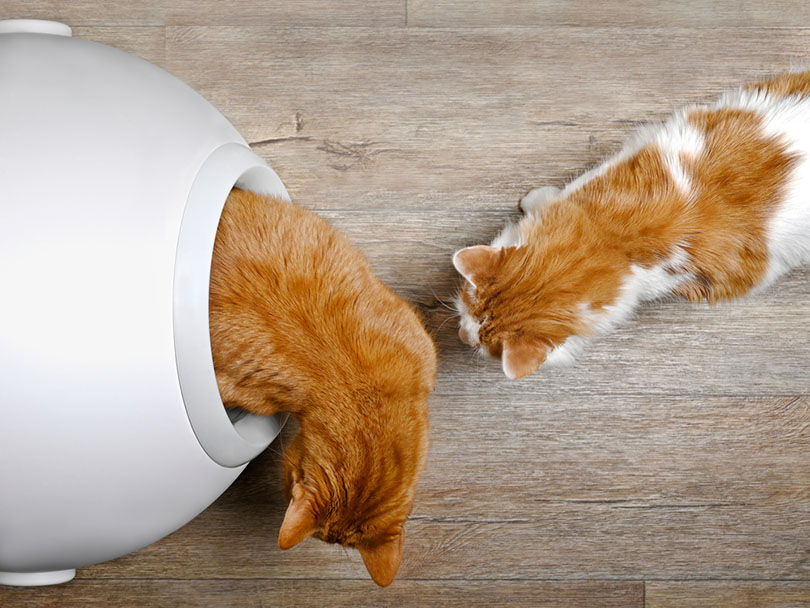
Final Thoughts
If you do decide to make the jump to horse pellets, ensure they are free of additives and other harmful chemicals. There may be cost benefits, but beware that cats will always have the final say. Further, horse pellets will require frequent removal from the box, and often a change to how you clean the litter. And, if you are having litter issues with your cat, before changing litter types, the first stop should always be your vet. Litter issues can often indicate underlying medical issues that require veterinary attention.
Featured Image Credit: Africa Studio, Shutterstock

